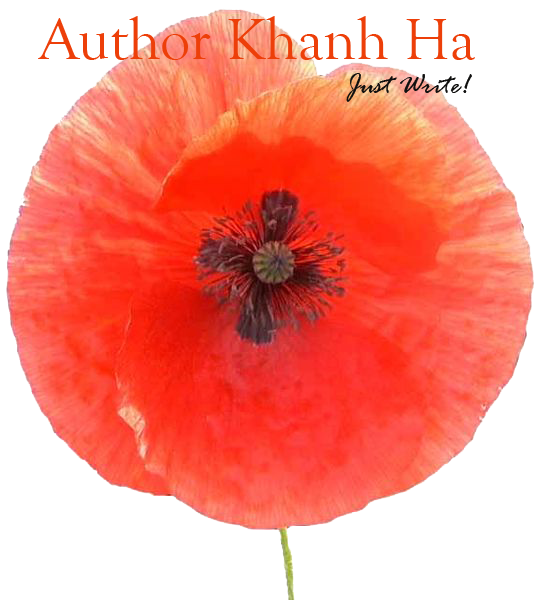Thursday, March 7, 2019
Mrs. Rossi's Dream
Booklist Starred Review
Starred Review
Catherine Rossi's
dream, in 1987, is to find the remains of her son, Lieutenant Nicola Rossi, the
only American unaccounted for after a deadly firefight in Vietnam in 1967. So
she travels to the Mekong Delta with her daughter, Chi Lan, 18, adopted from a Catholic
Vietnamese orphanage when she was five. At the small inn where the Rossis stay,
employee Le Giang believes Mrs. Rossi's quest is highly unlikely to be
fulfilled, but he comes to treasure the companionship of Chi Lan. The narration
alternates between the voices of Lieutenant Rossi in 1967 and Le Giang, in the
present of 1987, a man born and conscripted in the north who defected to the
army of the south, then was imprisoned for "reeducation" in the north
for 10 years. Both men describe the horrors and deprivations of war, along with
the bonds of fellowship forged, as well as the natural beauty and dangers of
the country, on the way to a healing climax. Ha's prose is so clear and vivid,
whether describing a dying soldier's wounds or local flora and fauna, and his
message is so powerfully understated that this beautifully written novel should
have a place alongside the best fiction of the Vietnam War.—Booklist
A
powerful story of both the human damage of war and the the power of
healing and reconciliation through forgiveness. The author shifts
between the points of view of the Vietnamese and the American
characters, both during the war and in its sad aftermath, in such a
richly imagined, three-dimensional way that each character--from the
different sides of the war, and from two very different cultures,
becomes fully human to the reader--which reinforces the way the
characters either diminish their own humanity by dehumanizing others,
or--along with the reader--discover each others' humanity and learn to
mourn its loss or gain its gifts. Along with all that I deeply admire
the writing itself: the way the author describes the beauty of the
country, which, as with the human characters we get to know so
intimately, makes its destruction so terrible, and, in particular, the
way he describes foods: the different foods, the way they look, smell,
are prepared, taste--food, its absence or its sustaining power, so
central to Vietnamese culture and life, becomes a character itself in
the novel. It was a pleasure to discover this writer and his work.—Wayne Karlin
Subscribe to:
Post Comments (Atom)






No comments:
Post a Comment